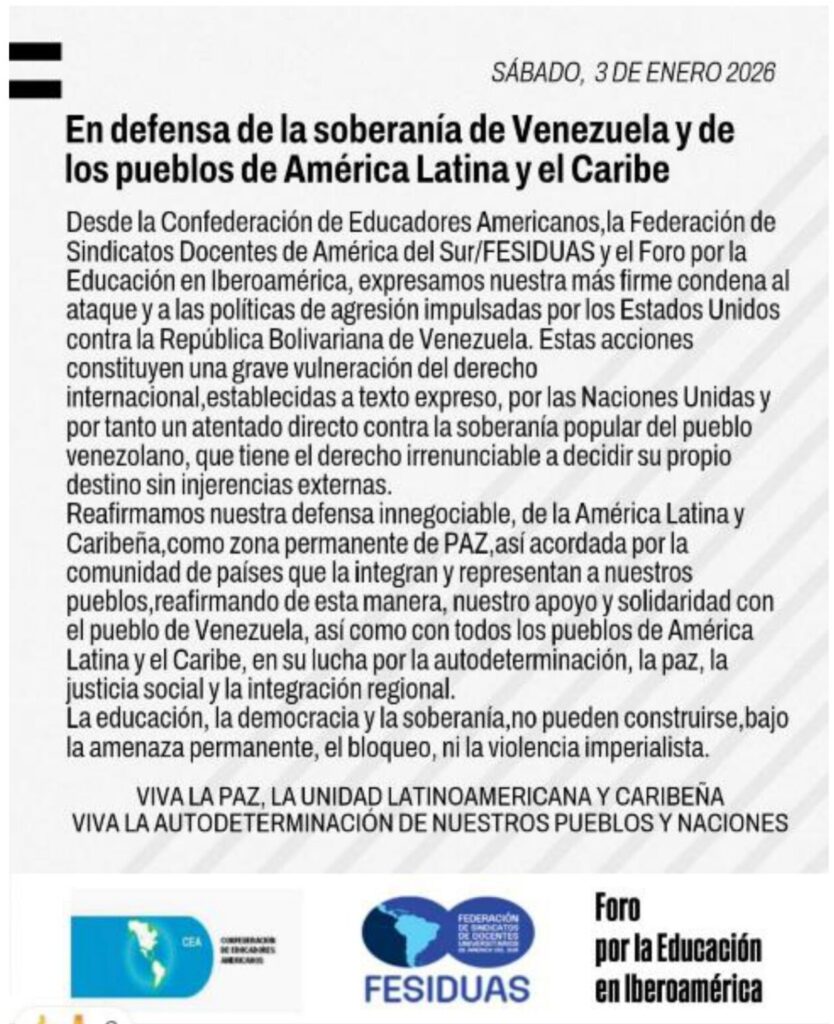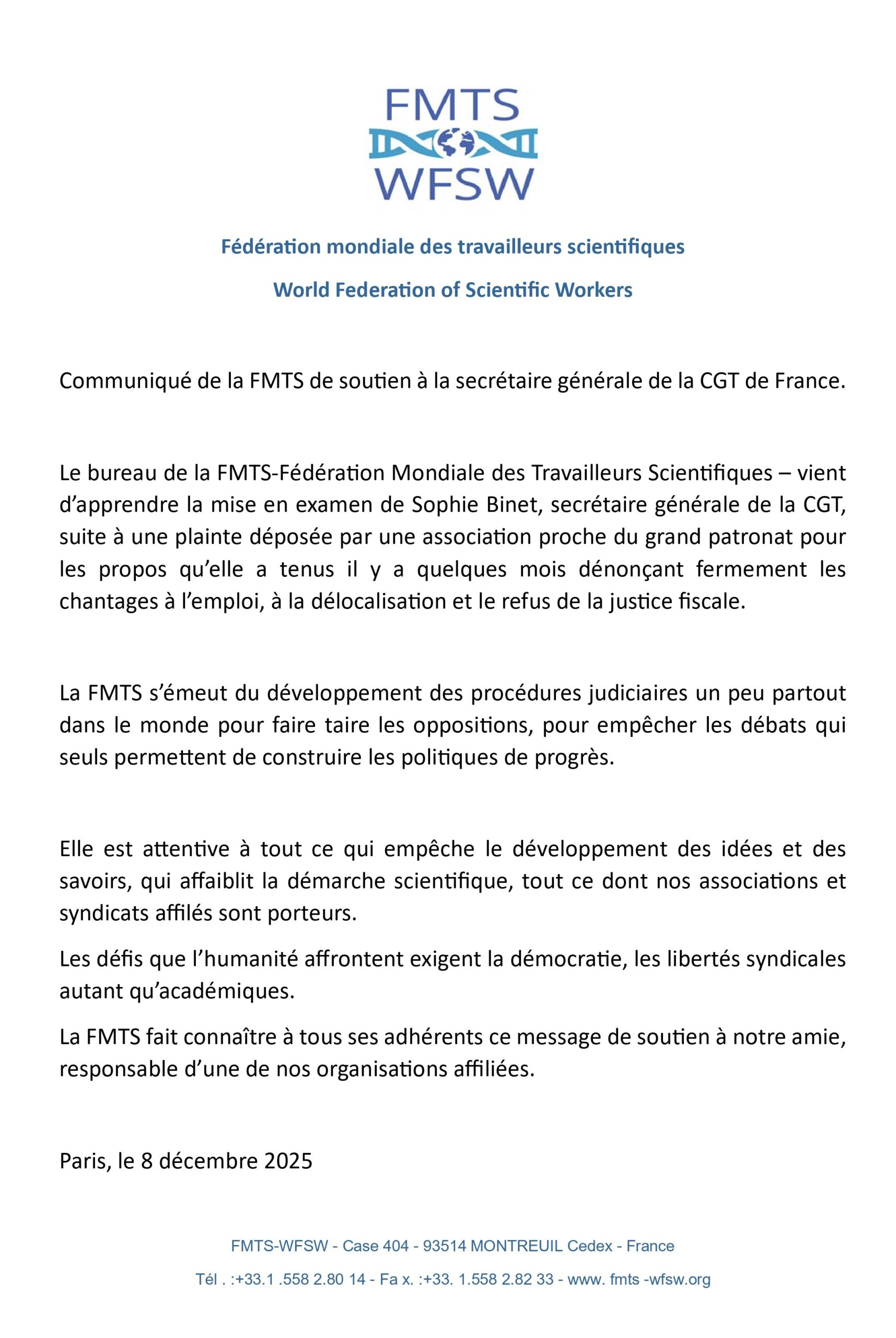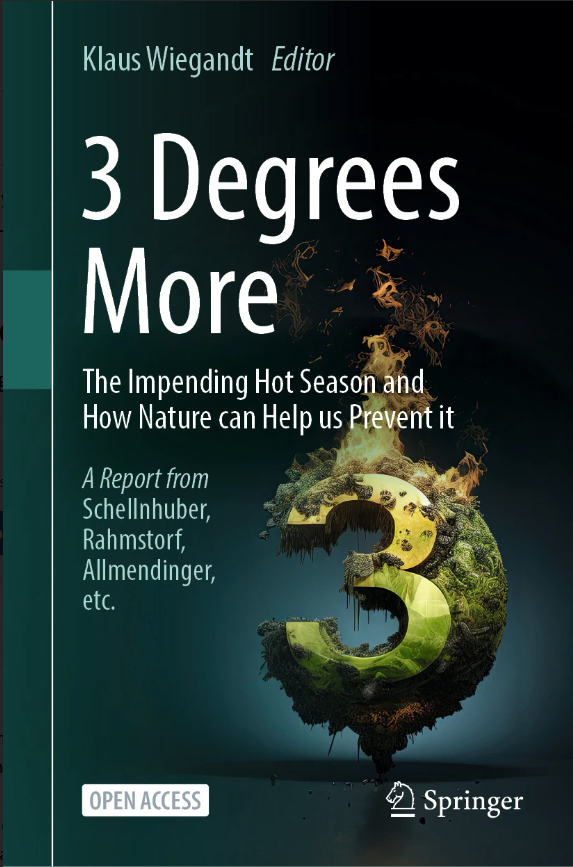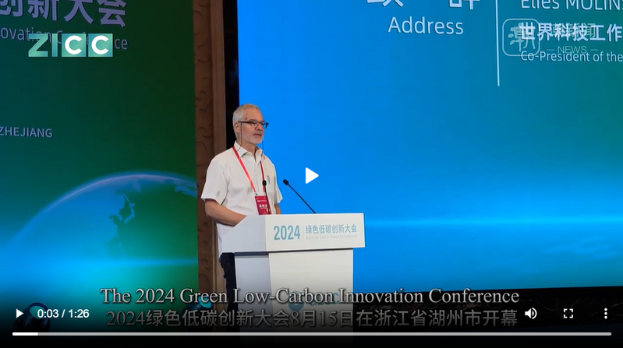Young & researcher between PhD and permanent, A « career vulnerable scientist »
position: a fragile moment Guarantees and working statuses in this path toward recruitment ? by Denis Jouan, SNCS (national scientific researchers trade union) France
Research: not only one kind
• The Frascati definition of researcher is very wide.
• Sometimes problems like « mad cow » are considered as science or research
• It is then useful not to always confuse fundamental and applied research, not to limit research to innovation
• Blue sky research has different logic, organisation, than innovation
• Public high education and research systems have also a social role to play regarding « intellectual freedom ».
• lead to a peculiar organisation in public structures, partly non hierarchical, «democratic », with also specific statuses (ac. freedom).
• This tends to disapear in many texts dealing with science in society
• In this talk I will mostly refer to public research.
• everywhere research in public sector is feeding private sector, and its aims should not be restricted to the needs of private companies.
• statuses and careers of researchers sometimes considered as limiting productivity and mobility ( PREP COM2003/436 one profession, multiple carreers).
• OECD 2003: « there is a correlation between mobility of workers and multifactorial increase of productivity »…. translation: ? precarious and low paid jobs are better for «multifactorial productivity gains »
• European green book: « a resource of researchers ready to respond to the needs of the socio-economical structures ».
• IE 2007 study : could limits to mobility be sometimes also protections for worker ?
1)Mobility is good as long as it means freedom, in other cases (carreer instability…) it must be handled with care
2) some people believe they could get more benefit in a closer control of researchers (performance, projects, competition for financing …..)
• Mobility IE malaga report: “the line between providing early training and seeking low labour costs is an easy one to cross”.
A difficult transition
• Transition between student and permanent researcher: depending of the sector, private, public, NGO, too many options exist, from student with grant, before or after a PhD, to immediate permanent contract, even as a civil servant, or inversely a risk of infinite loop of fixed term contracts. A REGULATION IS NEEDED
• European charter of researchers recognizes that early stage researchers, before PhD, must enjoy social security provisions and fair funding or salary. It should get rid of the most excessive cases. Salzbourg: they must be considered as professionnals
A new paradigm in research, the culture of project
• Development of a financing of activities, external to public research structures (agencies at international, national or regional level, private fundings…), with fixed term and « performance » assessment type. close to investment logic.
• Project management is associated to fixed term employment (in OECD 2003: better practices in public research governance).
• Relative Increase of the temporary contracts in all countries is observed
Fixed term employment: A short term gain, for long term loss
• UK parliament report: prevent for developing expertise, hinders creativity, loss of competence for labs, produce abuses and despair (psy. + fin.) for contractors.
• (phys. today, apr01) beginning 90 : shortage of permanent positions in physics in US. Through a Web exchange, it led US students to other fields. Attractivity crisis.
• US decrease of tenured positions: pass from an academic system to a control and command business like one (AFT)
• Often not compatible with a family (>women)
• Mobility to industry difficult in some country after a long postdoc, and precariousness does not favor preparing to other employment.
•shouln’t clear rules be more protective than regulation by despair?
Projects always end
• EU 1999: « contracts of an indefinite duration are, and will continue to be, the general form of employment relationship between employers and workers (…) contribute to the quality of life of the workers concerned and improve performance. ».
• How to limit fixed term contracts in research ? Projects always end, even if another arises.
• Research activity should not be restricted to a project, it is wider, it is a more global activity, on the long range, this can be enforced by regulations. Research never ends.
Everywhere fighting against precariousness of an« academic proletariat (EURAB,2002) »
• UK parliament report, concordat, limit the use of fixed term contracts ,
• Germany 2002 junior professoren, emmy noether grants (+ same at european level)
• Portugal: ABIC Bolseiros de Investigação Científica fought and won for worker’s status Example of public research in France -> put conditions on recruitment
• Up to 1982 , 3*2 years contracts, <80% success
• > 82: a regulation for early recruitment. two levels: CR2 (70%) CR1(30%).
• 82 to 91: CR2: 3chances, <36 years old Problem: waiting longer makes better chances
• 91: CR2 no limit except <31 years old. It works (with someinconveniences).
• 2005 no age limit permitted: a situation worse than ever: with increase of project funding by agencies (european, national, region….) fixed term contracts should multiply,without link to recruitment. In discussion A 3-5 (6) years contract ? • SNCS-SLR ask for: redefine CR2 as « less than 6 years after the end of master ».
P.Busquin: “charter of researchers should not be used to damage existing statuses”
• France inserm: programme avenir: a 3 years contract, 36/39 continue with a permanent position (so: why not make it directly permanent as before ?)
How limit use of fixed term contracts ?
• European directive: after 6 years, it has to be an indefinite duration contract. Does not seem very practical for researchers: no track to permanent , easy exceptions, change of employers… just avoids permanent precariousness at the same place (and tends to become the standard ?) • A need to Closely follow the evolution of working statuses in public labs, universities
• Limit external public funding of projects
• Complementary direction: constraints can also be applied to recruitment of permanent or « track to permanent » positions.
summary
• 1rst step: researcher must be considered as aworker, even in early stage
• 2nd step: sustainability: normal minimal status is unlimited term contract , at least a track to tenure. Enforcing the defense of researcher status of the charter
 > Limit use of fixed term contracts (put back financial means in public research organisations, not agencies).
> Limit use of fixed term contracts (put back financial means in public research organisations, not agencies).
 > Put constraints on permanent recruitment in public sector (<6 years after end of master, for early recruitment).
> Put constraints on permanent recruitment in public sector (<6 years after end of master, for early recruitment).
• Civil servant is best suited for basic research
 > summarize on web sites the situations in all countries ?
> summarize on web sites the situations in all countries ?





